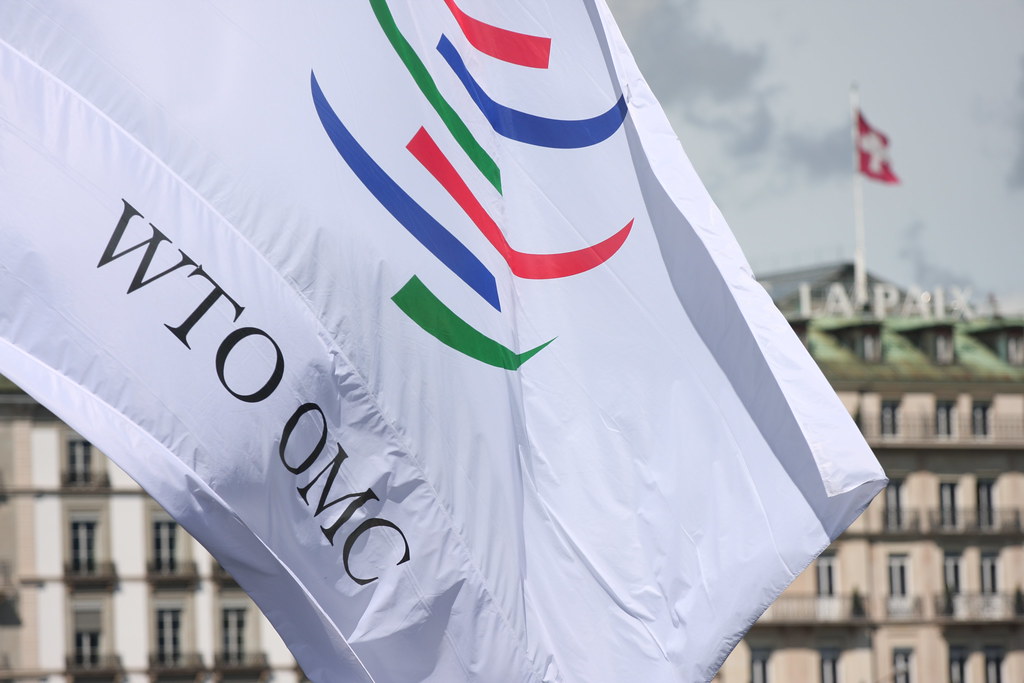This paper tracks the historical evolution leading up to the present WTO debate on Special and Differential Treatment, and presents an analytical discussion on the current ideas being discussed. It is argued that forcing arbitrary criteria for development or adopting selective approaches to SDT could be futile and unyielding in terms of the future of negotiations. A more pragmatic approach with a voluntary opt-out option for countries could provide a possible solution.
Special and Differential Treatment for developing countries has evolved through the history of the WTO and GATT. Various provisions have entered the legal texts at different stages marking key moments in the political economy of global trade and the negotiating history of the WTO.
The most crucial aspect of this evolution has been the debate between calls for trade liberalisation led mostly by developed countries on the one hand, and developing countries’ insistence on the need for policy space to make development friendly policies which could be at odds with some provisions of the WTO. The debate has intensified throughout the Doha Round negotiations.
More recently, there have been calls for a reform of the concept by some developed members to create categories for differentiation among developing members; or to adopt a case-by-case approach. Developing countries have resisted these approaches citing reasons why SDT remains an embedded right for development.
This paper tracks the historical evolution leading up to the present WTO debate on Special and Differential Treatment, and presents an analytical discussion on the current ideas being discussed. It is argued that forcing arbitrary criteria for development or adopting selective approaches to SDT could be futile and unyielding in terms of the future of negotiations. A more pragmatic approach with a voluntary opt-out option for countries could provide a possible solution.
